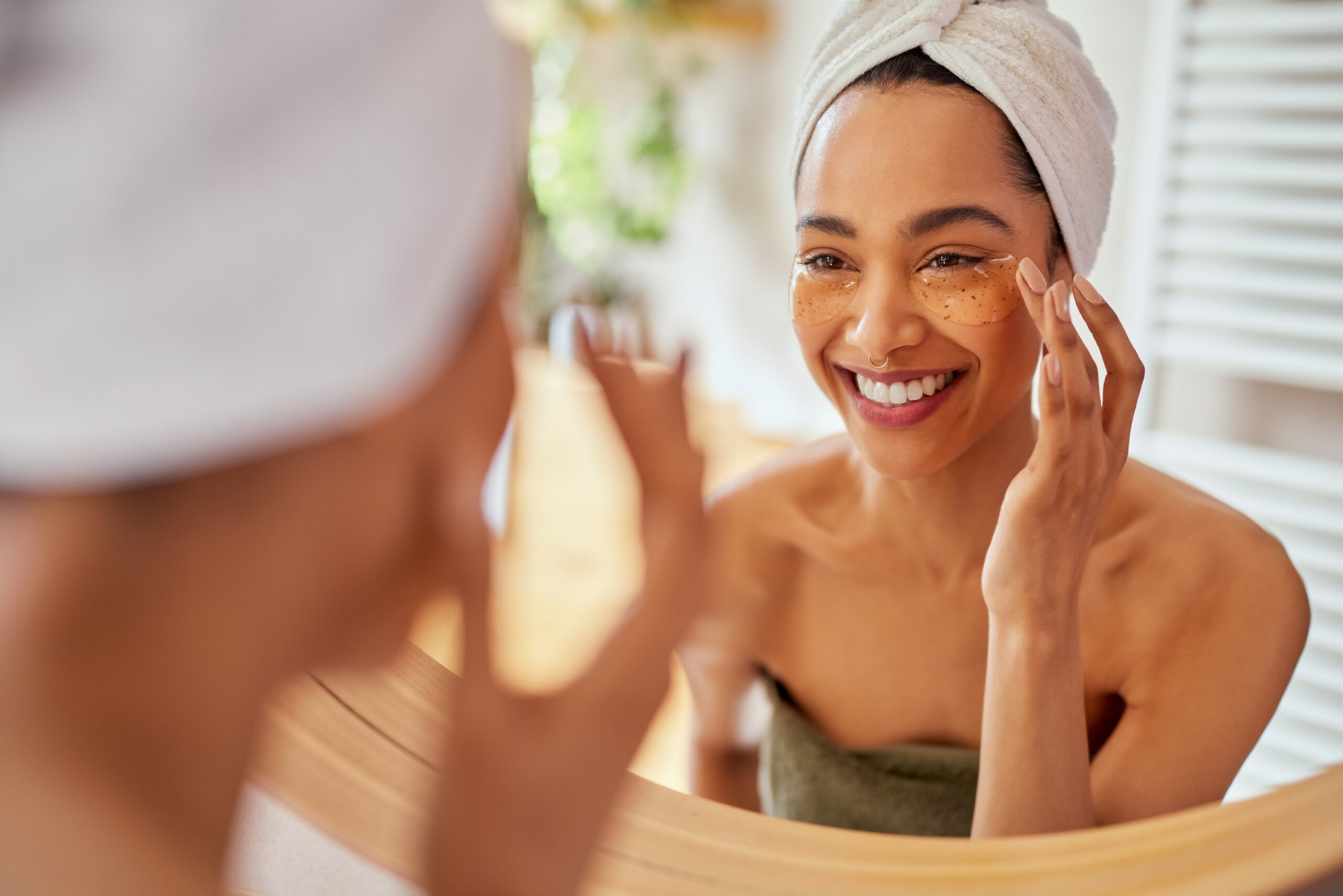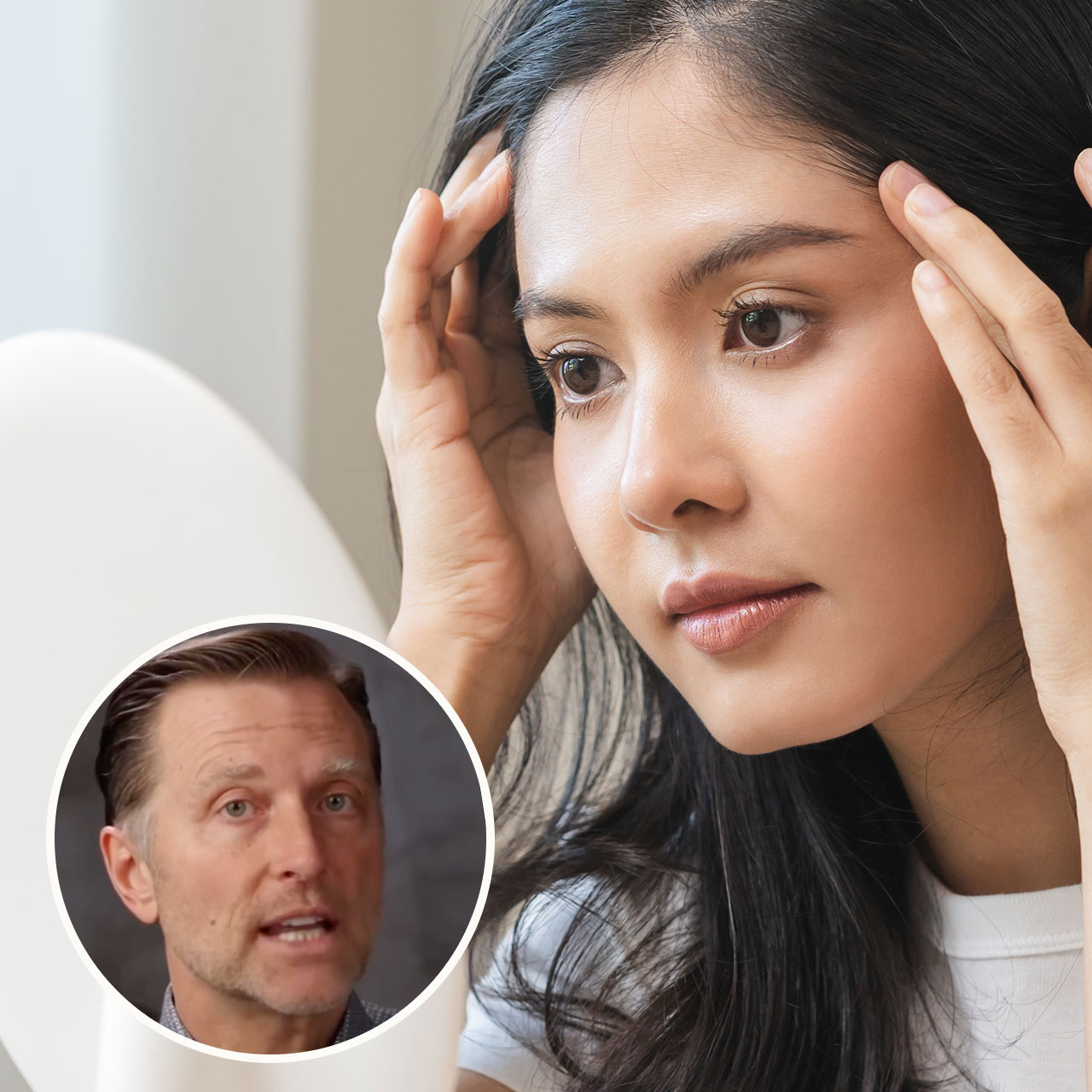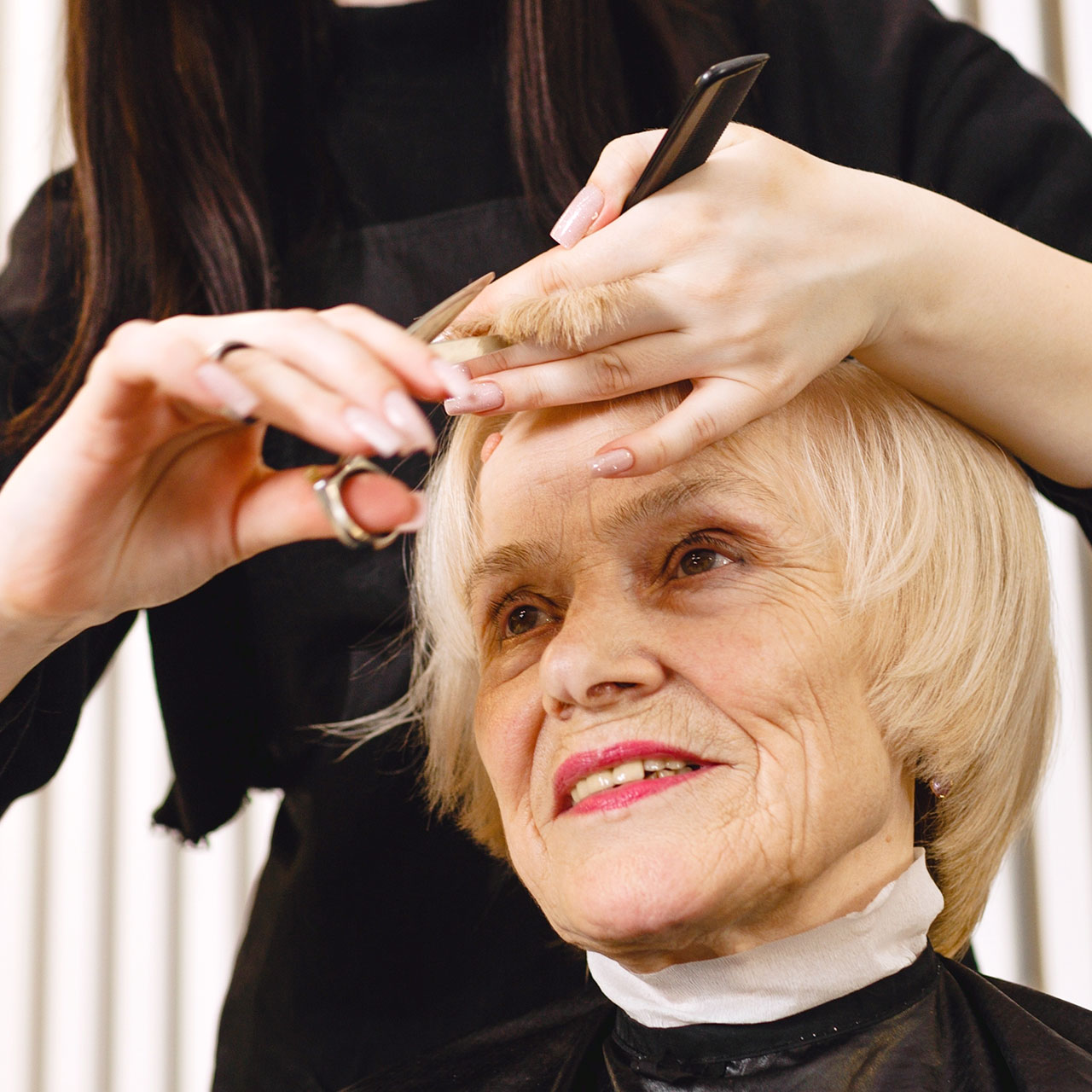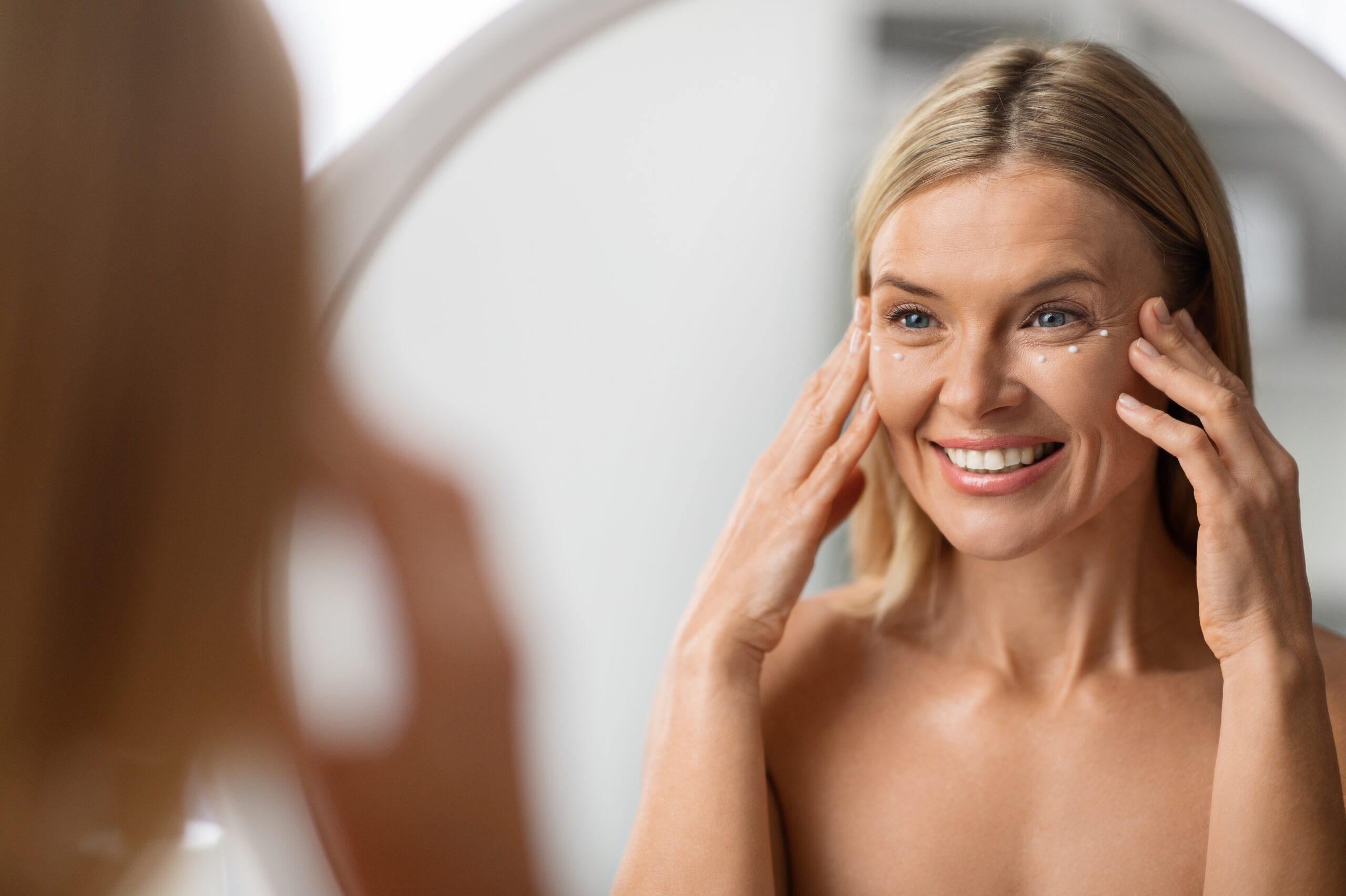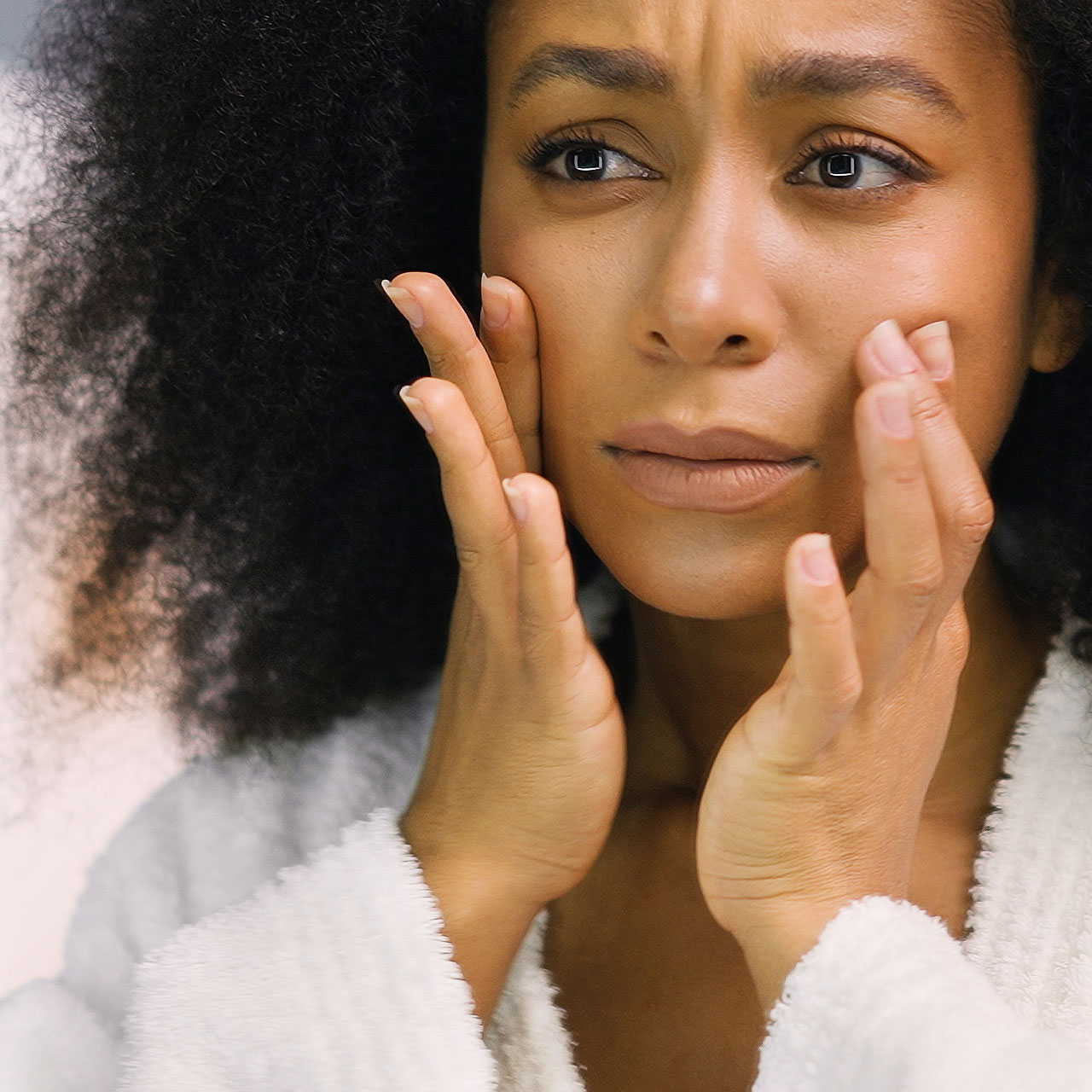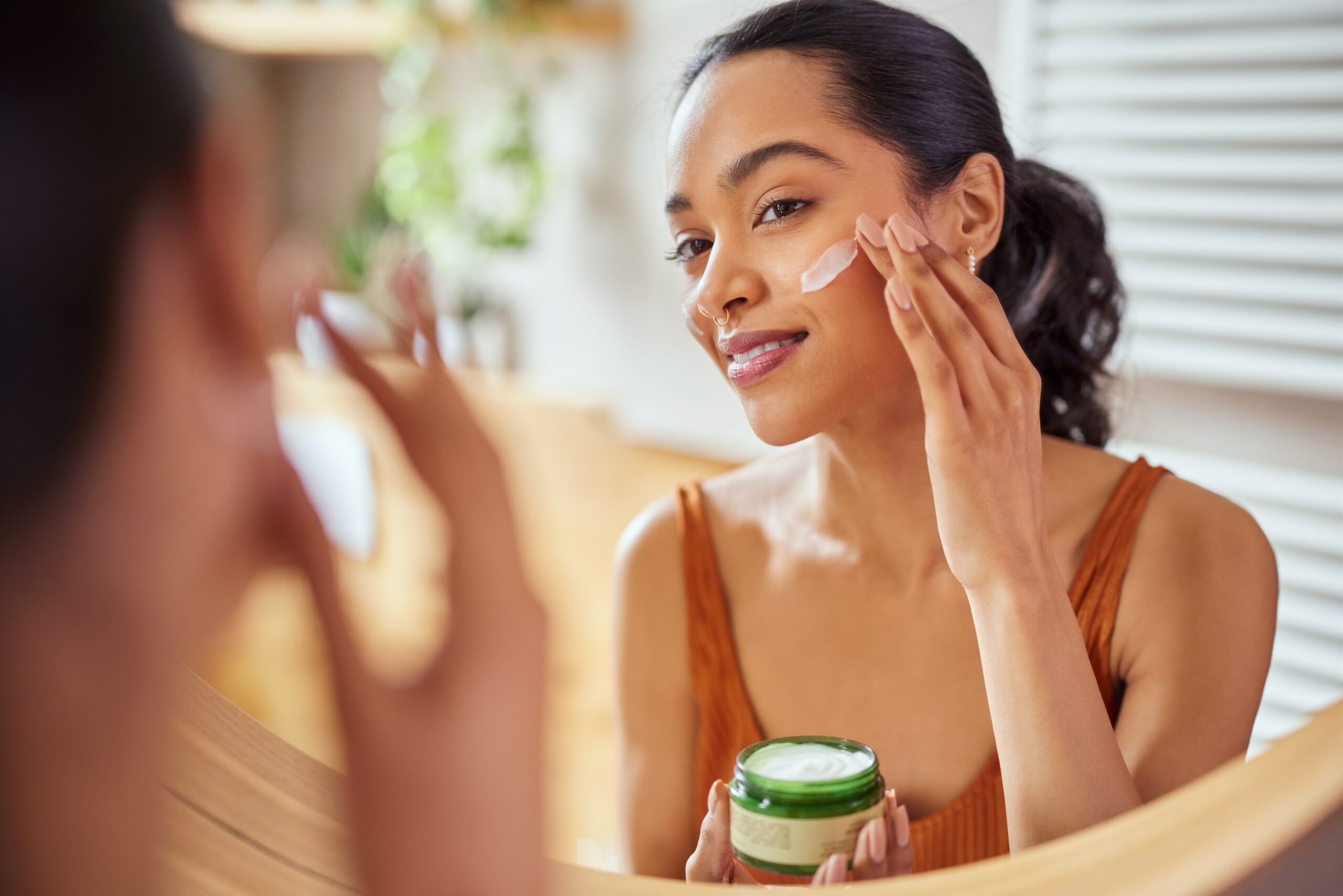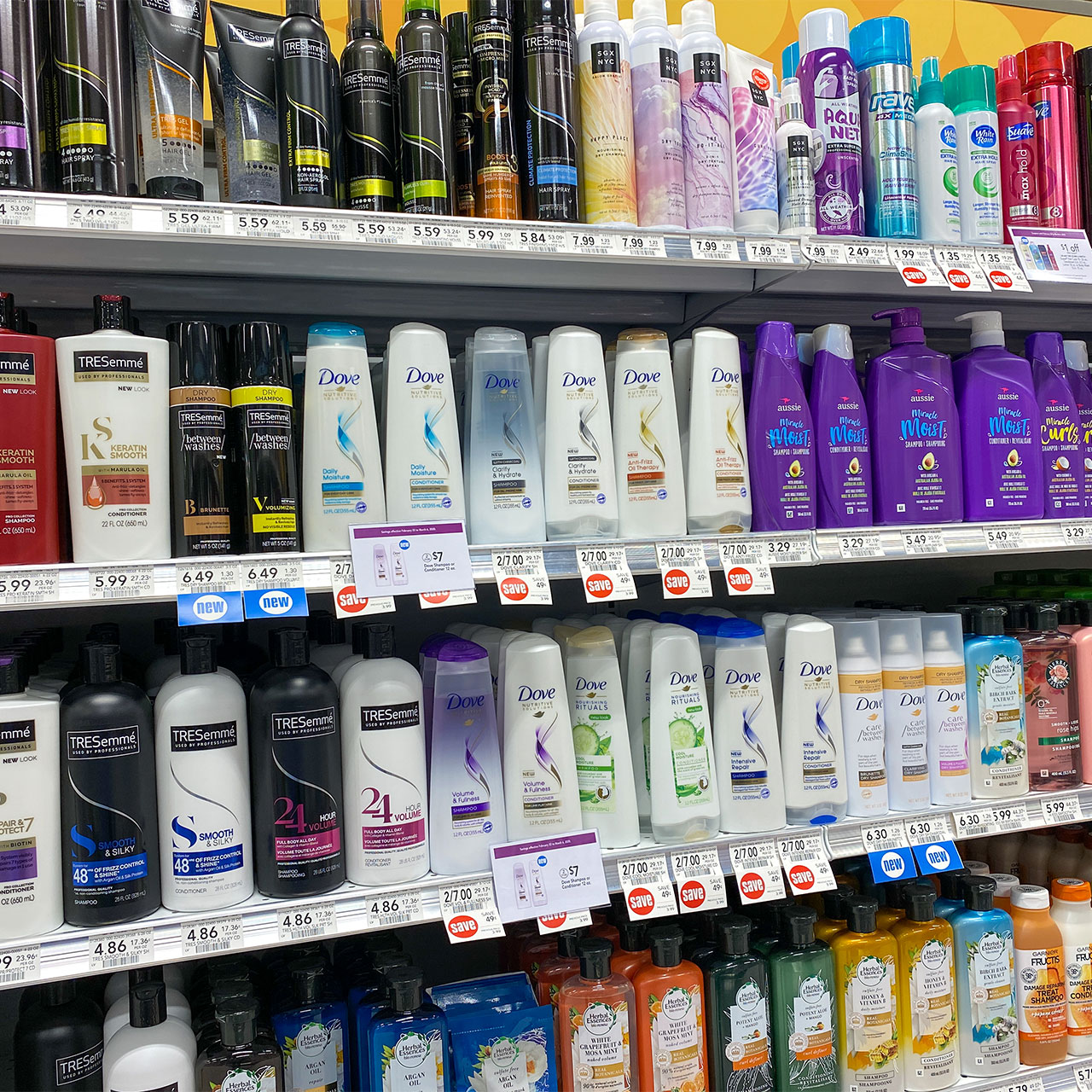Taking care of your scalp is essential, experts say, if your goal is to prevent or stop hair loss or thinning. Along with revamping your diet, an additional way to nurture your scalp and increase hair growth is to incorporate scalp oils into your routine to provide hydration and a vibrant appearance.
In an effort to gain more insight on scalp oils and their benefits for individuals with thin, fine hair, we sought out the expertise of a board-certified dermatologist and hair specialist, Dr. Yoram Harth, Medical Director of MDhair. Below, he shares his suggestions and advice for those wanting to give scalp oils a try.

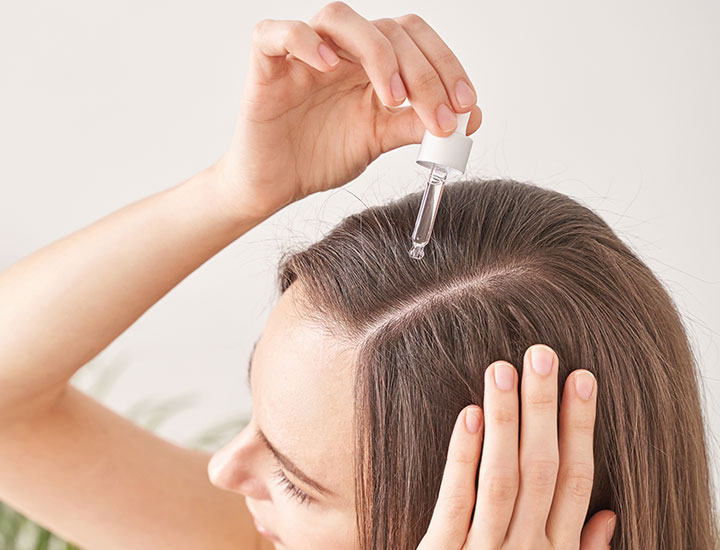
The Benefits Of Scalp Oils For Fine, Thin Hair: Growth, Hydration And More
For those just beginning to explore the world of scalp oils, it can be overwhelming to sort through the numerous options. Harth simplifies the selection process by indicating there are two main varieties of hair oils. "One type, which is applied to the scalp skin and intended to help with scalp health and hair regrowth, is called a scalp treatment serum," he explains.
Harth notes that the "other type of hair oil is applied to the hair strands and is intended to help strengthen the strands and reduce breakage and split ends." Scalp oils, "particularly those designed as scalp treatment serums," he says, can be "beneficial for thin, fine hair."
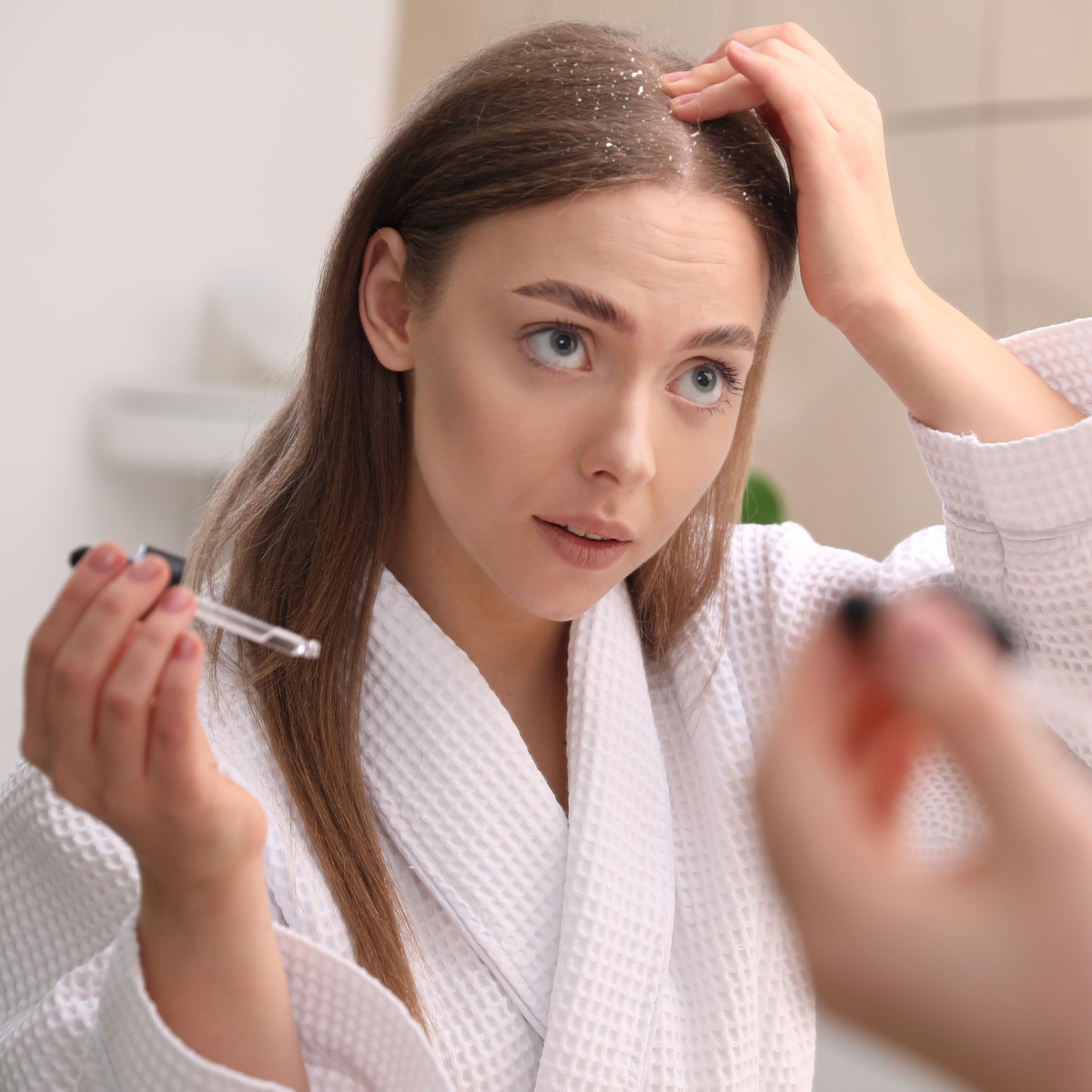
These oils are "formulated to promote scalp health, nourish the hair follicles, and stimulate blood circulation" in the scalp, he adds. If your goal is to regrow your hair or just make your tresses stronger, he says that a healthy scalp environment can "lead to improved hair growth and a reduction in hair loss."
The "best scalp oils and scalp treatment serums would include DHT blockers," he continues, that help "reduce the effects of DHT on the hair follicles."
One benefit of scalp oils, Harth reiterates, is a nourished scalp. "Scalp oils deliver essential vitamins, minerals, and amino acids to the scalp, which can promote a healthy environment for hair growth," he adds.
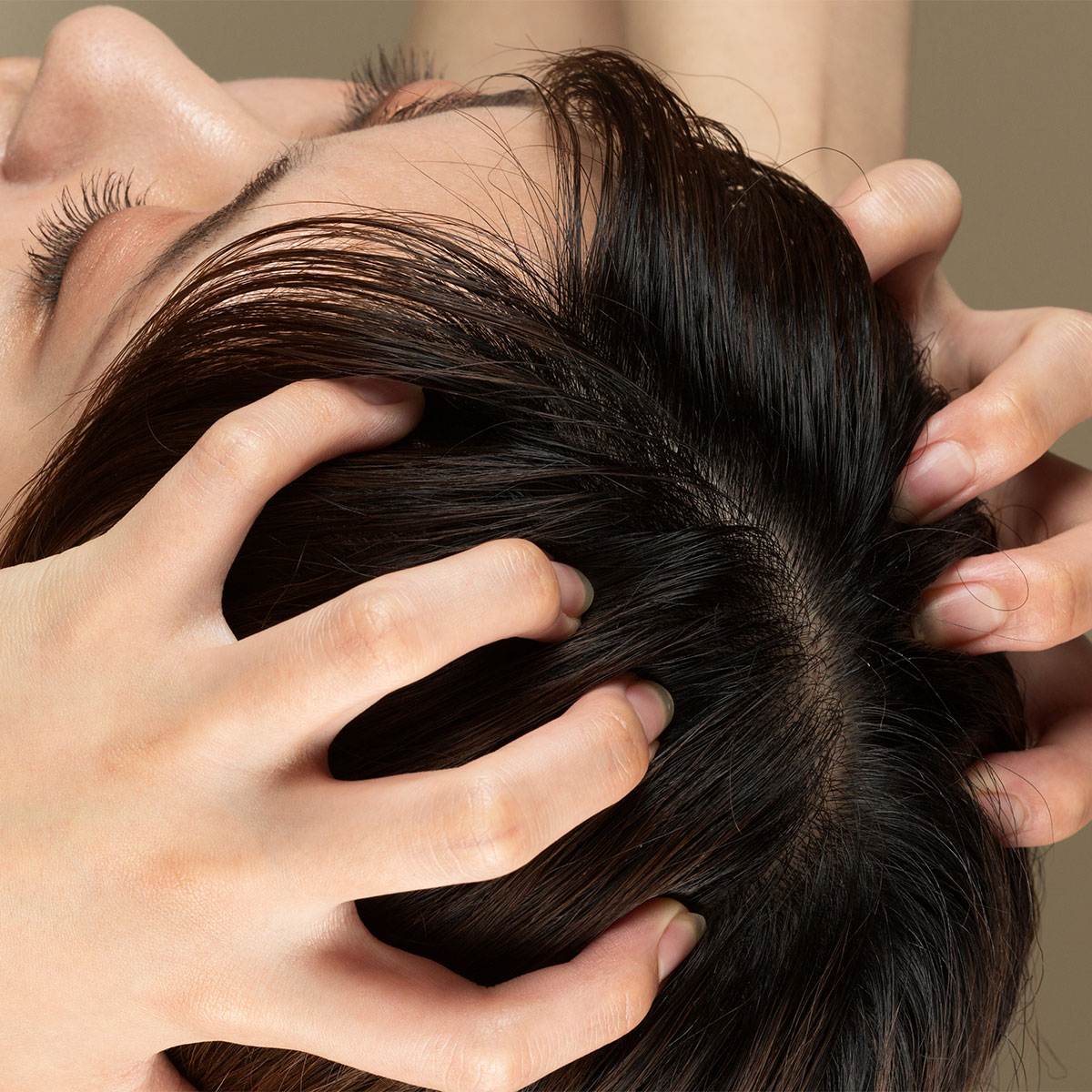
He says that they also "moisturize" the scalp, helping to "alleviate dryness and reduce flakiness on the scalp, which can contribute to hair breakage."
When used regularly, these oils also "block the effects of DHT on hair follicles." Harth notes that "this is especially important in people with androgenetic, age-related, and perimenopause hair loss."
Another benefit is "enhanced blood circulation." Pairing scalp massages with oils can "stimulate blood flow, improving nutrient delivery to hair follicles," he points out.
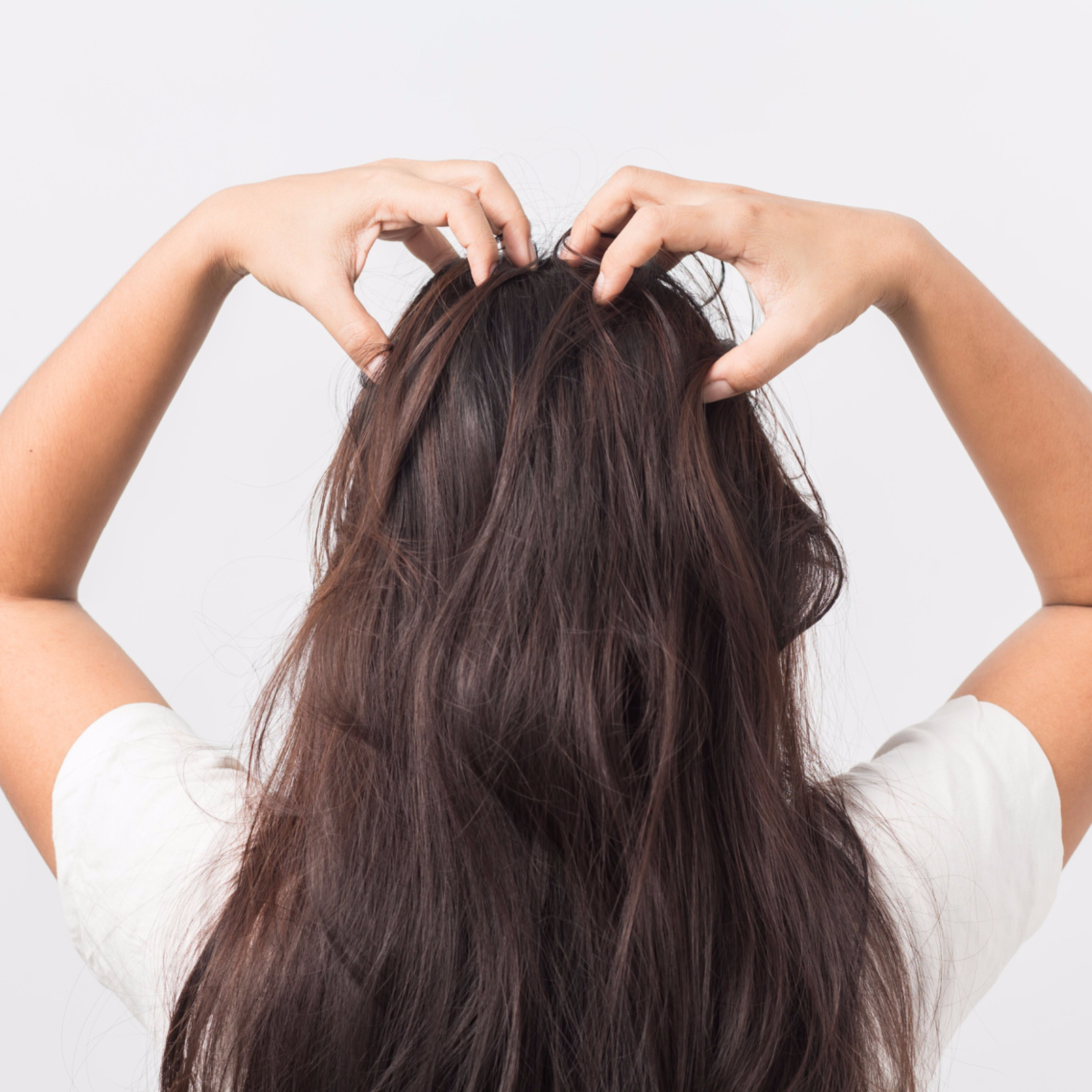
Lastly, a vital benefit of scalp oiling is gaining "protection from damage," Harth concludes, as "certain scalp oils have protective properties that shield the hair and scalp from environmental stressors."
When it comes to scalp oil recommendations, for beginners, Harth recommends "using a combination of plant-based scalp treatment serums like MDhair regrowth serum and another type of oil to apply often to the hair strands, like MDhair's peptide hair repair oil." (Good to know!)



